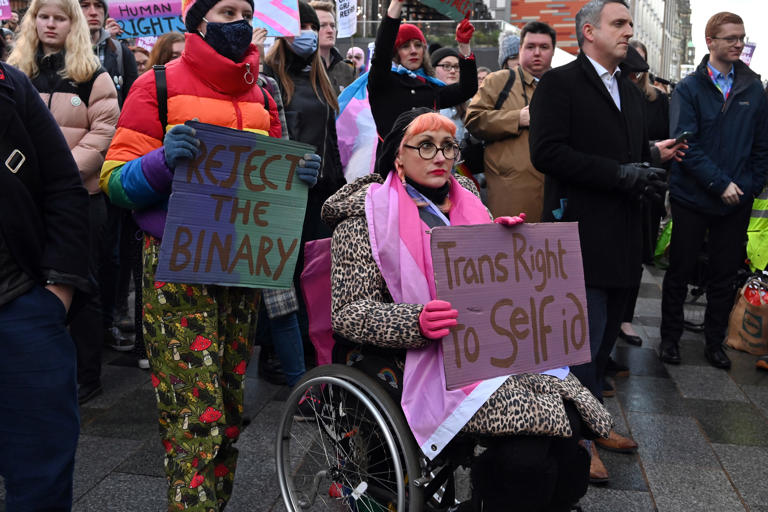The reluctance of some business leaders to acknowledge and use employees’ preferred pronouns represents a significant challenge to fostering inclusivity in the workplace. Pronouns are deeply personal markers of identity, and by disregarding them, employers are effectively erasing an individual’s sense of self. This refusal not only demonstrates a lack of respect for diversity but also perpetuates a hostile work environment where certain individuals feel marginalized and undervalued.
The fact that legal protections have been put in place underscores the seriousness of this issue. The Equal Employment Opportunity Commission’s (EEOC) guidelines explicitly outline protections for transgender employees, affirming their right to use their preferred pronouns and access facilities aligned with their gender identity. When employers fail to adhere to these guidelines, they not only violate employees’ rights but also expose themselves to legal repercussions, including lawsuits and penalties.
Moreover, the impact of denying transgender employees access to appropriate facilities cannot be understated. Access to bathrooms corresponding with one’s gender identity is a basic necessity, and denying it can lead to significant discomfort, stress, and even jeopardize an individual’s physical and mental well-being. It creates a work environment where transgender employees feel unwelcome and excluded, hindering their ability to thrive professionally.
In addition to the legal and ethical considerations, there are practical implications for businesses that refuse to acknowledge employees’ preferred pronouns. High turnover rates are common in workplaces where employees feel disrespected and undervalued. Furthermore, in today’s interconnected world, negative experiences spread quickly and can tarnish a company’s reputation, making it difficult to attract and retain top talent.
Brian Driscoll’s comparison of employers’ willingness to adapt to new technologies or market trends with their resistance to acknowledging gender identity is particularly thought-provoking. It highlights the inconsistency in companies’ willingness to evolve and adapt. Adapting to employees’ preferred pronouns should not be viewed as a burdensome task but rather as a necessary adjustment to create a workplace culture that values diversity and inclusivity.
To address this issue effectively, companies need to invest in training and education programs that promote understanding and acceptance of gender diversity. Leaders must lead by example, demonstrating respect for employees’ pronouns and actively advocating for inclusivity. Ultimately, embracing employees’ preferred pronouns is not just a matter of compliance but a reflection of a company’s commitment to creating a supportive and respectful work environment for all individuals, regardless of their gender identity.
